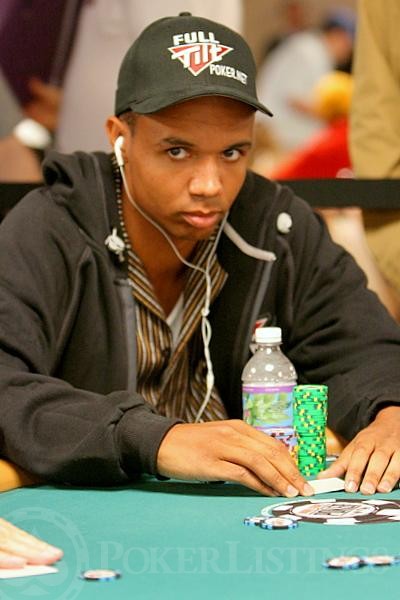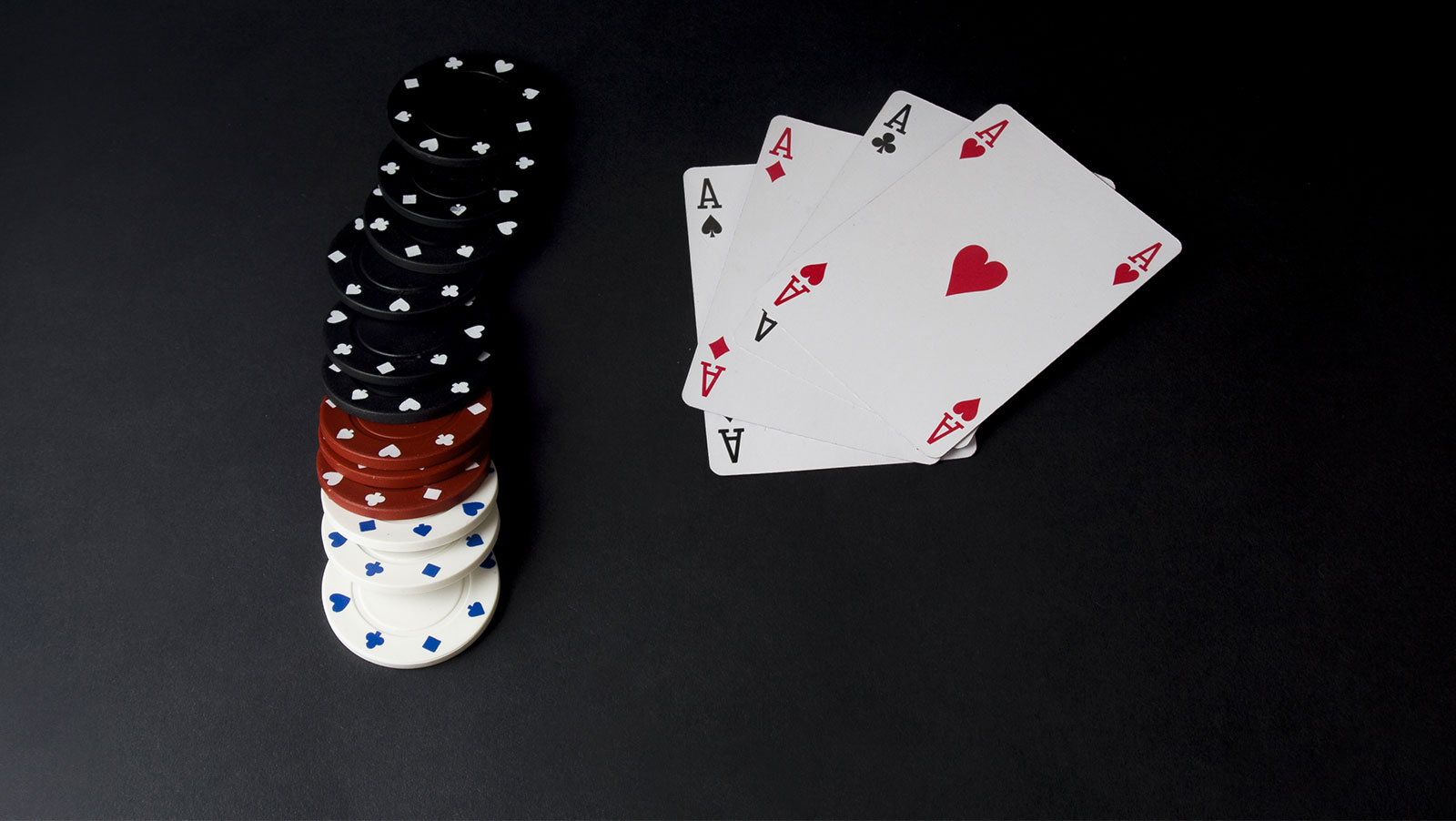Ivey and his friend Cheung Yin “Kelly” Sun carried out a technique called edge sorting where cards are interpreted as low or high based on imperfections in some of the cards. For a combined $10 million using this edge to their advantage, the partners went on to take Borgata Casino, alongside London’s Crockfords Casino. The lawsuit was originally filed in April 2014, after they won the money in 2012.
Stories were also told about Ivey and Kelly asking for Mandarin speaking dealers so that they could ask them to switch the deck upside down for “good luck”, without arousing suspicion.
One of the world's top poker players, Phil Ivey, has lost a Supreme Court bid to reclaim £7.7m of winnings withheld by a London casino for five years. The American was challenging a Court of Appeal. Phil Ivey Continues To Strike Back At Borgata Casino - January 5, 2020 January 5, 2020 - Andrew Harmon Ivey and his friend Cheung Yin “Kelly” Sun carried out a technique called edge sorting where cards are interpreted as low or high based on imperfections in some of the cards. A poker champion has lost a lawsuit against a London casino that refused to pay him millions in winnings because it said he had cheated, in a ruling that overturns 35 years of legal practice on. Poker legend Phil Ivey was just ordered to return roughly $10 MILLION in baccarat winnings he pulled from an Atlantic City casino in 2012. After a judge ruled the way he played broke the law.
The Borgata vs. Ivey battle started long before 2019, but in February of last year, a federal judge approved Borgata casino to seize $10 million of Ivey’s money. Apparently, Ivey had $100 million of assets based in Las Vegas, and none in New Jersey, so Borgata endeavored to start in Nevada.In addition to the $10,130,000 owed, there was also $214,410 in interest that was supposed to be recovered, but Ivey was not ready to back down and pay it.
That summer, Ivey secured eighth place in the $50,000 Poker Players Championship, scoring for $124,410. Borgata decided to seize this money immediately. What they did not know was Ivey had apparently been staked by two poker players for this event – Dan “Jungleman” Cates and Illya Trincher. Chesnoff and Schonfield, an attorney firm, proposed this staking deal to the court and both Cates and Trincher coincided that Ivey had been staked.
In his reply, Jeremy Klausner, Ivey’s attorney fired back at Borgata stating that they did not follow the proper procedure and failed to comply with what was originally stated in the Writ of Execution.
Back in New Jersey, they continued their fight back against the casino declaring that Bogata were involved with the $10 million that Ivey and Sun won. Klausner made the case that dealers voluntarily flipped the decks over at casinos when Ivey asked them and they were not breaking any laws. Despite this, flipping the deck is a practice used at a lot of casinos as a measure of good luck, so it’s unclear whether this information is applicable.
The chances are very grim for this case to finish anytime soon, and whether we’ll see Ivey get his money back. However, it’s doubtful we’ll see Ivey give up anytime soon with the kind of money at stake.
Table Of Contents
The long legal battle between poker superstar Phil Ivey and East Coast casino Borgata over nearly $10 million that the former won in baccarat may finally be coming to a close.
NJ Online Gamblingreported Wednesday morning that Ivey and Borgata had reached a settlement, citing a July 2 filing in the U.S. Court of Appeals for the Third Circuit.
Per usual in these cases, terms were not disclosed.

Ivey initially won the money all the way back in 2012, playing a series of sessions with gambling partner Cheung Yin “Kelly” Sununder agreed-upon conditions that enabled the pair to have a sizable edge on Borgata, unbeknownst to Borgata officials.

Borgata filed suit in 2014 and a legal war ensued for the next half decade.
According to gaming attorney and sometime PokerNews contributorMac VerStandig, the only real surprise is that the two sides took this long to come to terms.
Phil Ivey Vs Casino

'It's unsurprising to see litigation settled, especially at the appellate stage where both parties have had the opportunity to air respective grievances, and the cost of going forward may outweigh what either party stands to gain,' VerStandig said. 'Cooler heads normally prevail sooner but it's not at all surprising to see it come to pass here.'
History of Legal Back-and-Forth
While the legal war started in 2014, it took until late 2016 for a big inflection point to finally occur. At that point, the judge presiding over the case sided with Borgata and ordered Ivey and Sun to return more than $10 million they'd won — the at-issue baccarat millions plus some craps winnings.
The case continued on appeal, and some sources reported Ivey was in danger of losing tens of millions to Borgata if things continued to go poorly in court.

Further damage against Ivey came when Borgata was granted clearance to seize his Nevada assets early last year. They followed through on that in high-profile fashion, garnishing Ivey's winnings when cashed in the $50,000 Poker Players Championship.
Ivey's Hidden Progress
However, while every turn was seeming to go against Ivey, he was all the while making some small gains in the background, like a poker player stealing enough blinds to stay afloat in a tournament.
'Borgata's case has always had serious vulnerabilities'
The appeals process was apparently going far better for Ivey than the initial case. Of central concern was the issue of whether he had cheated by marking cards. While nobody disputed that he hadn't marked the cards in the traditional sense, Borgata argued that turning the cards in different directions so Ivey and Sun could identify tiny imperfections in them — 'edge sorting' — constituted marking.

NJ Online Gambling reported that Ivey was likely a small favorite on appeal, a sentiment with which VerStandig agreed.
Conclusion Not Thrilling, Not Surprising
If Ivey were to win his appeal, the case would have continued on remand, going back to a lower court for reconsideration.
Borgata would have been forced to return the $124,410 it had already seized from Ivey, and nothing would have been guaranteed going forward. Both sides would have also been on the hook to continue shelling out attorney fees, which have been mounting the entire time in the long-running case.
Phil Ivey Vs Casinos
Furthermore, even if Borgata emerged a winner in court, it's uncertain whether anything but a Pyrrhic victory would have been achieved. A New Jersey search for Ivey's assets only turned up a 'zero-dollar' bank account, and Ivey has been keeping most of his poker-playing activities out of the U.S. and away from Borgata's reach.
NJ Online Gambling also pointed out that ultimately losing the case 'could potentially create a precedent that could harm parent company MGM Resorts International in future cases involving cheating or advantage casino play.'
Given that there appears to have been more downside than upside at this point for Borgata, the settlement seems unlikely to have been very costly for Ivey.
'Borgata's case has always had serious vulnerabilities and Borgata is certainly justified in getting whatever settlement it can get and not risking those vulnerabilities on a remand,' VerStandig said.
Tags
Phil IveyBorgataPoker and the LawRelated Players
Phil Ivey